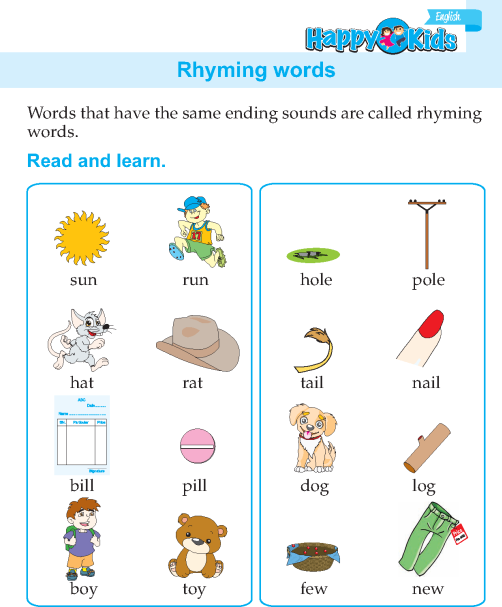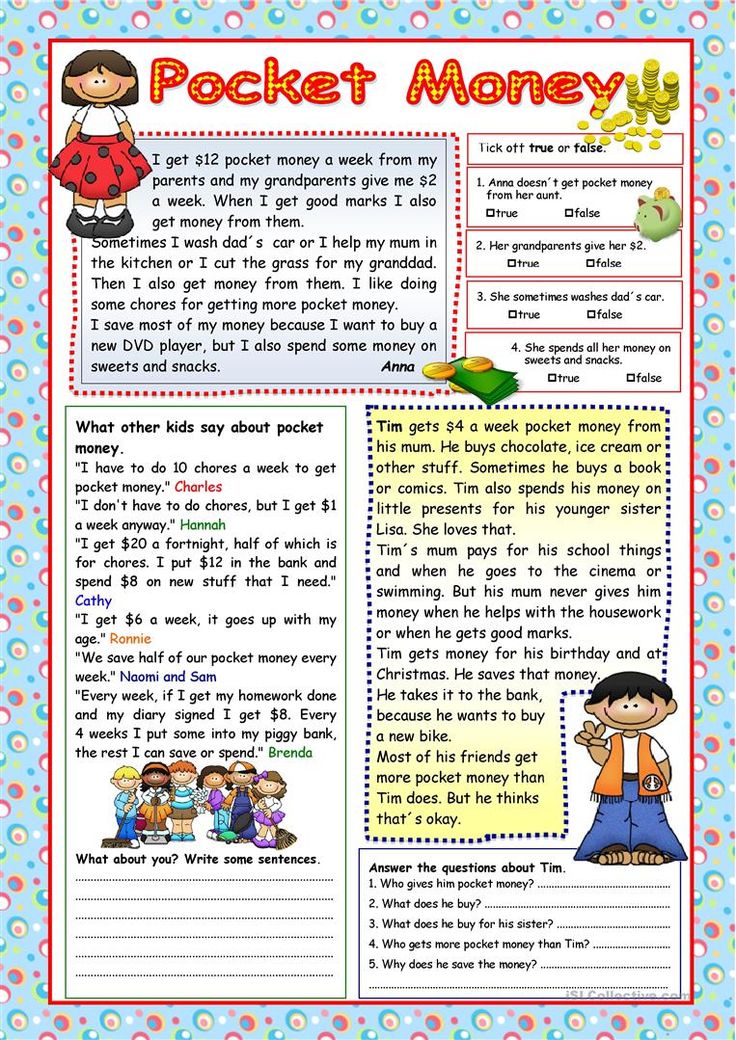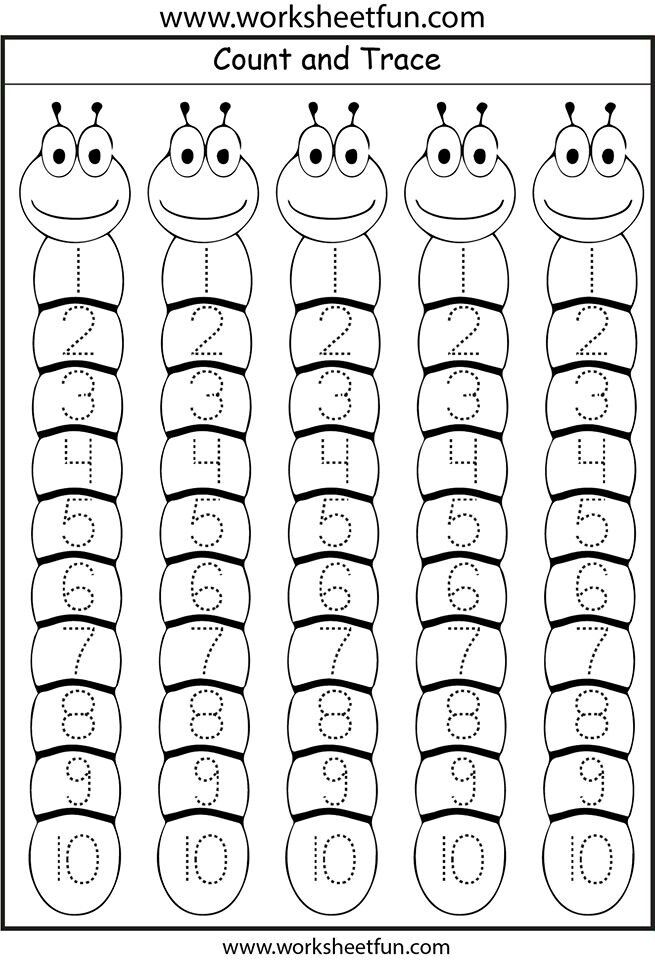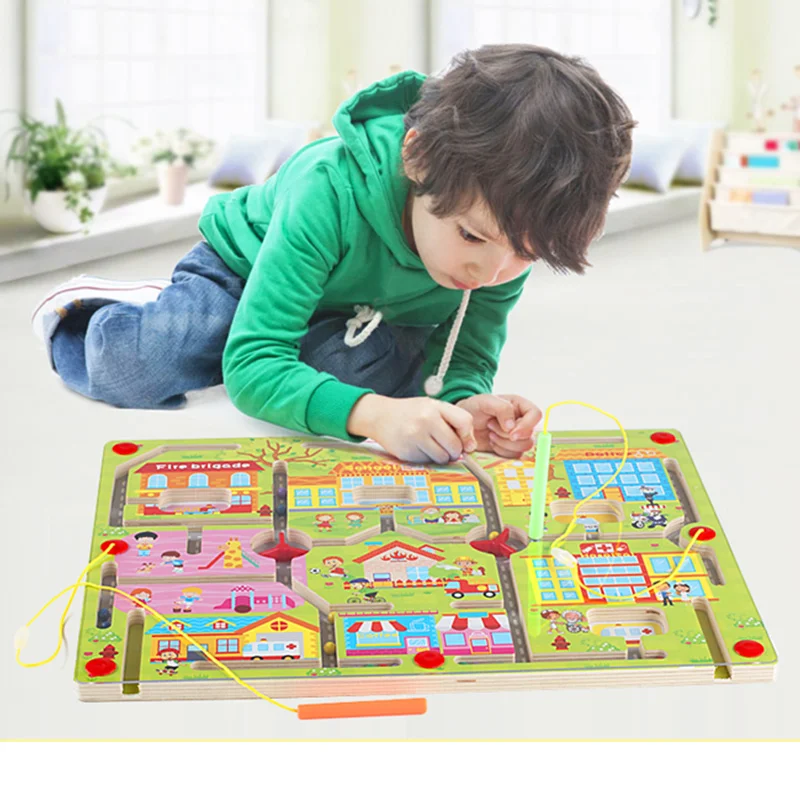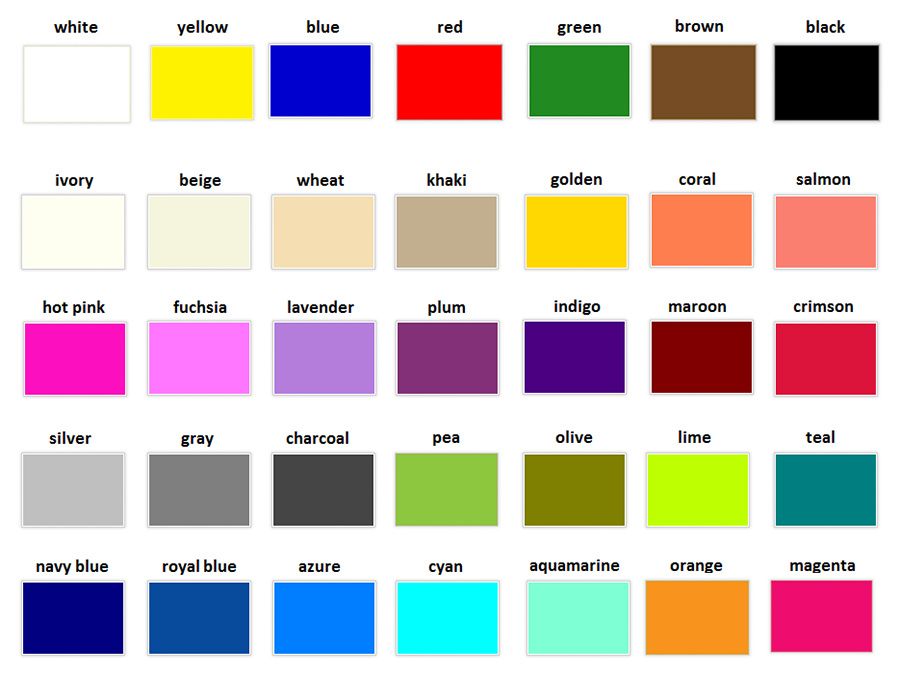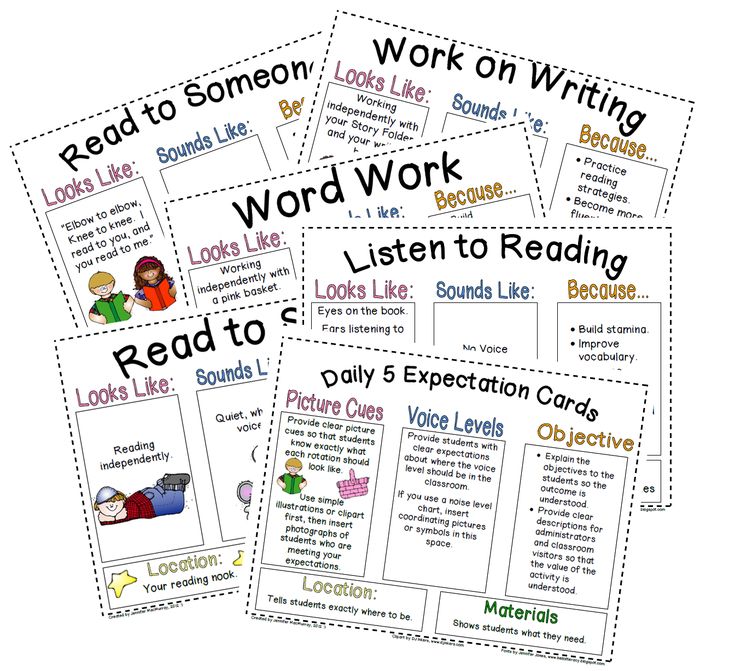Words rhyming with seem
94 Words that rhyme with seem for Songwriters
CHORUS
Top rhymes for songwriters
Filter by number of syllables
Songwriting rhymes for seem
These rhymes are specially chosen by our unique songwriting rhyming dictionary to give you the best songwriting rhymes.
- dream
- cream
- team
- beam
- mean
- daydream
- stream
- scream
- redeem
- seen
- between
- gleam
- queen
- supreme
- green
- clean
- scene
- lean
- machine
- fifteen
- screen
- magazine
- teen
- dean
- obscene
- fourteen
- codeine
- sixteen
- gasoline
- kerosene
Get instant rhymes with the Chorus app
Perfect rhymes for seem
- dream
- cream
- team
- beam
- daydream
- stream
- redeem
- scream
- scheme
- deam
- esteem
- extreme
- gleam
- supreme
- steam
- downstream
- deem
- regime
- theme
- ream
- diem
- mainstream
- seam
- bloodstream
- passim
- teem
- upstream
- bream
- bleam
- creme
- fleam
- beem
- ice cream
- academe
- nauseam
- per diem
- bireme
- moonbeam
- steem
- kareem
- sunbeam
- pipe dream
- american dream
- hakeem
- mneme
- hakim
- rheme
- ibrahim
- midstream
- agleam
- fleme
- joachim
- queme
- episteme
- ice-cream
- karim
- breme
- vadim
- sephardim
- phleme
To see our full selection of genre-specific rhymes, triggers that get your creativity flowing, and next line suggestions from our incredible A.
I. assistant, sign up to Chorus today.
Near rhymes for seem
Near rhymes work great for songwriting, often giving a more interesting feel than perfect rhymes.
- mean
- seen
- between
- queen
- green
- clean
- scene
- lean
- machine
- fifteen
- screen
- magazine
- teen
- fourteen
- sixteen
- dean
- gasoline
- obscene
- kerosene
- codeine
- limousine
- eighteen
- seventeen
- nicotine
- nineteen
- evergreen
- amphetamine
- windscreen
- marine
- thirteen
- intervene
- jean
- tangerine
- gamine
Want to know what rhymes with seem?
Are you a songwriter who is tired of not being able to think of words that rhyme with your song's subject? I know I was this way
It's awful, especially when you need to come up with lyrics quickly! This is where a rhyming dictionary can help; however, most dictionaries just spit out a word regardless if it's usable in a song
For example, if you're writing a song about how you miss your grandmother, the last thing you want to hear as "Homeland"
We all know that's not singable and it doesn't even have the right meaning! With Chorus, we find you only those rhymes which are useful for songwriters, so you know that the words we give you are singable and work for the genre you're writing in
Here are a few rhymes for you to sample.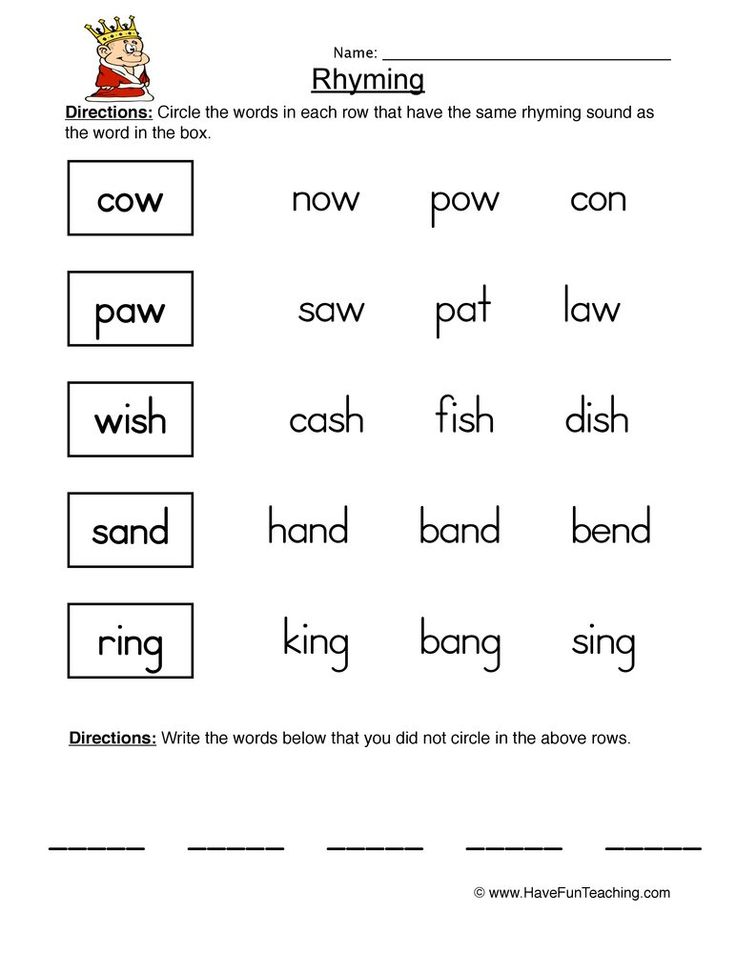 If you want to use the app's full functionality, including the ability to create your own rhymes, you can sign up for the full version of Chorus now.
If you want to use the app's full functionality, including the ability to create your own rhymes, you can sign up for the full version of Chorus now.
To see our full selection of genre-specific rhymes, triggers that get your creativity flowing, and next line suggestions from our incredible A.I. assistant, sign up to Chorus today.
Create your songbook199 best rhymes for 'seem'
1 syllable
- Scheme
- Dream
- Beam
- Team
- Cream
- Steam
- Stream
- Scream
- Theme
- Gleam
- Clean
- Bein
- Screen
- Queen
- Lean
- Green
- Seen
- Teen
- Mean
- Deem
- Meme
- Ream
- Keen
- Sheen
- Spleen
- Jean
- Dean
- Tween
- Plein
- Nein
- Peine
- Wean
- Glean
- Preen
- Vien
- Fiene
- Steen
2 syllables
- Supreme
- Mainstream
- Extreme
- Esteem
- Daydream
- Regime
- Redeem
- Machine
- Sixteen
- Between
- Raheem
- Downstream
- Kareem
- Bloodstream
- Upstream
- Hakeem
- Fifteen
- Sunbeam
- Salim
- Gulfstream
- Saleem
- Hakim
- Passim
- Trireme
- Agleam
- Obscene
- Unseen
- Routine
- Thirteen
- Eighteen
- Fourteen
- Nineteen
- Morphine
- Caffeine
- Vaccine
- Marine
- Protein
- Pristine
- Serene
- Christine
- Foreseen
- Unclean
- Cuisine
- Chlorine
- Sunscreen
- Eugene
- Agin
- Preteen
- Sistine
- Canteen
- Saline
- Amin
- Demean
- Mcqueen
- Hygiene
- Gangrene
- Irene
- Smokescreen
- Latrine
- Ravine
- Convene
- Sardine
- Careen
- Eileen
- Levine
- Sapien
- Umpteen
- Benzene
- Pasion
- Pauline
- Sawin
- Mclean
- Alene
- Casein
- Justine
- Maureen
- Guanine
- O'steen
- Nadine
- Francine
- Springsteen
- Colleen
- Walgreen
- Osteen
- Joaquin
- Helene
- Glycine
- Fluorine
- Dentine
- Claudine
- Bromine
- Baleen
- Amine
- Ameen
- Faring
3 syllables
- Seraphim
- Ibrahim
- Halloween
- Gasoline
- Seventeen
- Magazine
- Nicotine
- Wolverine
- Trampoline
- Intervene
- Guillotine
- Listerine
- Submarine
- Limousine
- Frankenstein
- Kerosene
- Vaseline
- Evergreen
- Unforeseen
- Mescaline
- Quarantine
- Submachine
- Tangerine
- Maybelline
- Mezzanine
- Overseen
- Dramamine
- Figurine
- Constantine
- Clementine
- Aberdeen
- Philippine
- Tambourine
- Gelatine
- Reconvene
- Magdalene
- Byzantine
- Adenine
- Wintergreen
- Josephine
- Clonidine
- Caesarean
- Naphthalene
- Silverstein
- Libertine
- Augustine
- Aniline
- Wallenstein
- Ethylene
- Plasticine
- Philistine
- Peregrine
- Scopolamine
- Methylene
- Histamine
- Aladeen
- Eisenstein
- Aubergine
- Argentine
4 syllables
- Amphetamine
- Aquamarine
- Mujahideen
- Acetylene
- Polystyrene
- Labyrinthine
5 syllables
- Methamphetamine
- Polypropylene
Want to find rhymes for another word? Try our amazing rhyming dictionary.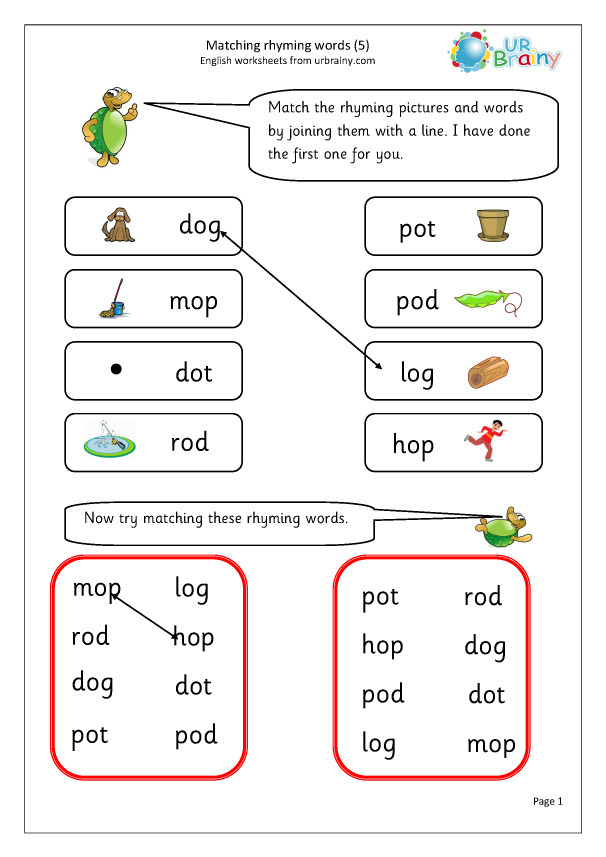
If you write lyrics you should definitely check out RapPad. It has tons of useful features for songwriters, lyricists, and rappers.
Sentences with "seem"
We found 80 sentences with the word "seem". Synonyms for "appear". Meaning of the word. Characters. "seem" - morphemic analysis. The meaning of the word seem.
- We have been studying for almost eight weeks now, and all the lecturers began to seem like to us in one person.
- Now it begins to seem to some that the contribution of Balmont's gift to Russian literature was not so great.
- The world community is now it seems that the post-war crisis has passed and the time has come for economic prosperity, peace and tranquility.
- Their impatience was fueled by my tension and my desire to seem calm.
- To young Antoine, who had just turned twelve, this energetic prize-winning must have seemed like a demigod.
- How much did life in Yasnaya Polyana or Tolstoy himself have to change in order for the stay in the family estate to become seem like to him as "hell"?
- However, things were not so easy for me at this gloomy and suspicious lodging for the night, as may seem at first sight.
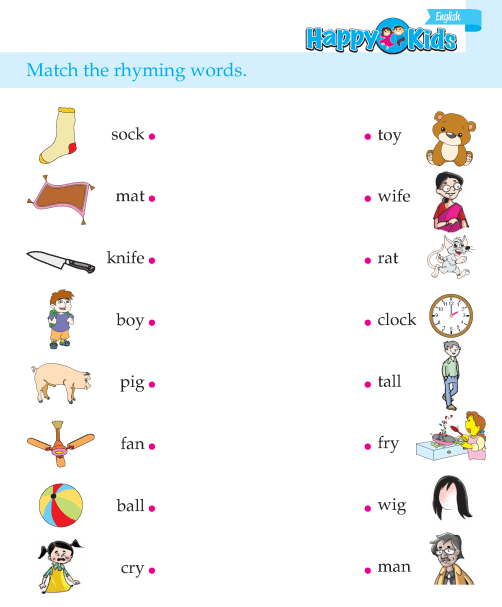
- Everyone tried to seem careless and talked about things not related to the war.
- Then began to seem like to me, that he said something completely different.
- A noble high forehead, sometimes clear, sometimes covered with wrinkles, which makes the face seem either gloomy or capricious. nine0008
- Schepke, trying to seem unruffled, glanced at his watch.
- I heard how the darkness was gathering, thickening, which in time began to seem alive.
- But this will no longer seem indisputable if we remember at least two of Friedrich's great contemporaries.
- This should not seem strange to anyone, since my age obliges me not to rush into initiation.
- And soon I felt like that the old woman will be blown to shreds for sure.
- All officials tried to appear inconspicuous , all wore uniforms or the same civilian clothes.
- This administrator is not such a fool as may seem like from afar.

- After the second and third trials, it began to seem to me that a partnership alliance with Papanov could take place.
- By mid-December, it began to seem to me that such a chance would never come for me. nine0008
- Just an hour of sailing, and began to seem like our yacht is no bigger than a tiny boat.
- To the lordly-intelligent, though also democratic circle from which I came, the events soon began to seem disturbing.
- He began to seem low and contemptible to himself, scolding and cursing himself for being able to distract himself even temporarily from the thought of Beatrice.
- Over the years, the museum began to seem smaller and smaller to her.
- We even got used to the absence of baths, and the view of the tub in the room became seems like is perfectly acceptable.
- After the Nizhny Novgorod wooden mansion, the newly rebuilt Kazan theater could even seem luxurious.
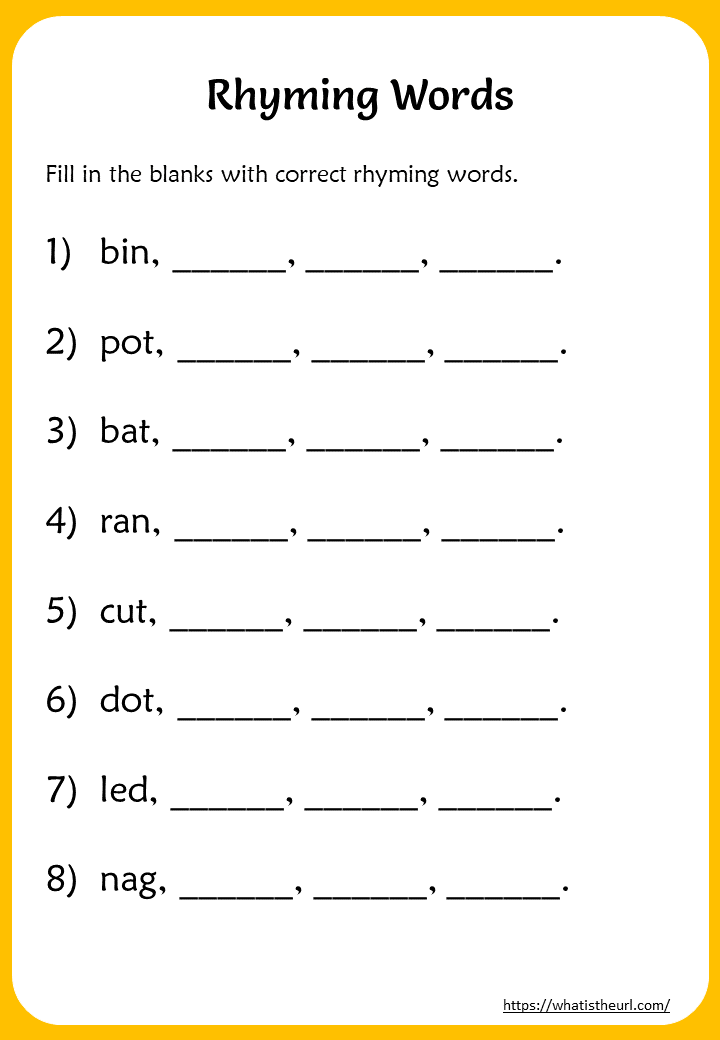
- Now the ship has become earth for us, and everything around us has become strange and distant, like stars.
- All those present begin to appear to the speaker as some kind of multi-headed hag.
- And then one thing, another, and thoughts about the cache began to seem like nonsense. nine0008
- Not to the detriment of my esteemed brethren, I will say that we must all seem obnoxious beings.
- And little by little it begins to seem to me that his slanting flat eyes glow with a special mysterious light.
- Yesenin has forgotten how to seem "smiling and simple."
- It became that he said: “I will probably die.”
- And this was repeated several times until the written began to sound like is not inferior to him in terms of merits of the presentation of Addison's original.
- But what is worthy and attractive in life, in literature may seem uninteresting and even sugary .
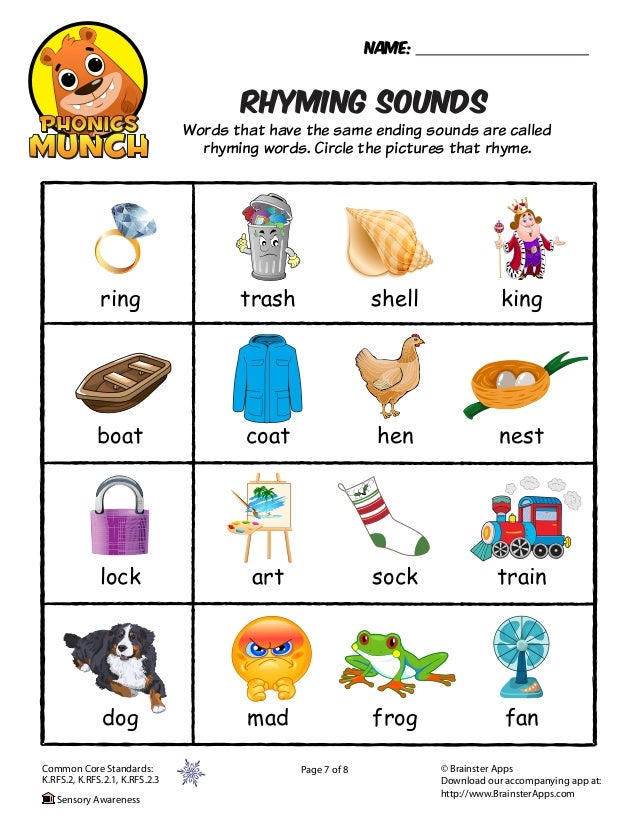
- It must have seemed to the old woman that it was not fitting for the "leader" of the state to be expelled from school in his youth.
- In the company of those to whom Aquarius feels real affection, he can behave monotonously and seem boring.
- But he behaved this way not of his own accord (just as he had no need to seem better than he is), but only for the benefit of our souls.
- But when I remember the village in my childhood, it begins to seem to me that I lived during the time of serfdom.
- Pedro no longer cringed at the name Rosenblum, and Brazil began to seem no worse than Russia.
- In prison it turned out not to be as bad as it could have been for me seems like before.
- https://sinonim.org/
- This great philosopher in the highest degree possessed the secret of not seeming scientists, being in a pleasant company of people ignorant of the sciences.
- To those around him he could seem almost "holy", at the very time when an impenetrable, purely diabolical darkness reigned in his soul.
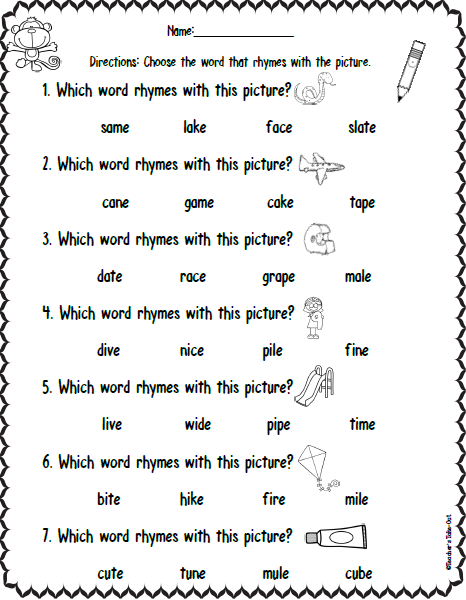
- When he left, my service in the Air Force somehow seemed less real .
- Even weekly sea trips have become seem boring and monotonous.
- When it seems to him that he is being pushed towards some decision, he always acts differently.
- Wishing to appear young , she was always whitened and rouged.
- She had not yet lost her legality, she had not been involved in any revolutionary affairs, and in the eyes of the police she could not seem dangerous.
- And now, perhaps for the first time, Caesar began to feel that this war he waged was not as much fun as he thought it was.
- Rasputin was created by our press;
- And the former life moved away, began to seem old.
- Rossini was slightly praised for the deftness with which he made the hackneyed plot of seem almost fresh in .
- He would like to play a double game: to be in harmony with the government and appear to be at the same time as his opponent.
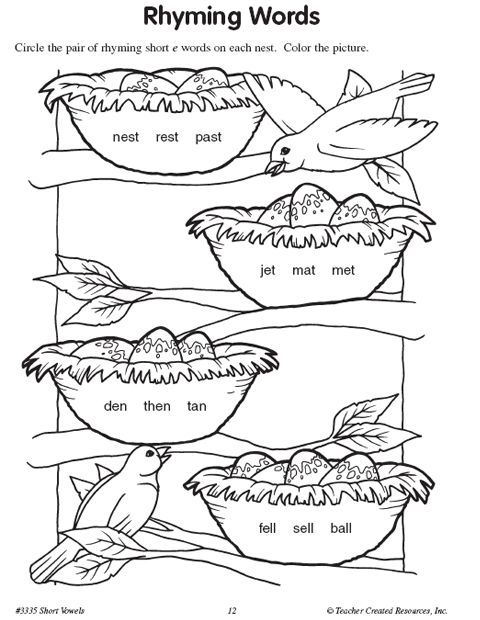
- In the first three months after the misfortune, life in our hut began to seem more orderly.
- At times he may seem rather withdrawn, but he expresses his thoughts perfectly.
- This might seem very strange, and I did not understand the impression of this witty woman until I saw Inozemtsov myself.
- It is said that in literature sometimes passion can become a substitute for talent and even seem to be im.
- There were moments when the lack of courage for everything already began to seem to me a weakness in the full sense of the word.
- Augustine Daly was a man of rarely noble appearance, but with strangers he knew how to appear ferocious.
- On walks, tried to appear empty, superficial, secular.
- One of those who wished to seem witty entering Dionysius to play a joke on him shook off his cloak* as if he were entering a tyrant. nine0008
- It began to seem to him that she was slipping away from his power.
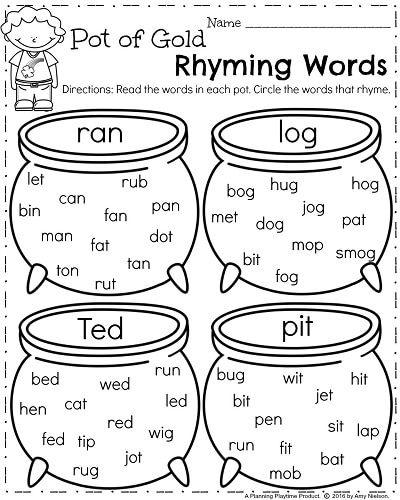
- To get into the government, Hitler tried to appear respectable.
- The conquest and even more so the settlement of this land with such small forces must have seemed completely unrealistic.
- Hitler could seem to be a multi-talented and dedicated person.
- For us, people of a liberal society, the position of court doctors in the Third Reich will always be seems to be extremely unusual.
- But, on the other hand, I don't need to look like or show off in front of me.
- Gloomy thoughts will overcome, life will seem meaningless and over.
- For such people Comte as a person and his teaching as a whole will always seem full of contradictions.
- It began to seem to the Emperor and his commanders that the battle was almost won and victory was near.
- But at twenty-six, when the heart yearns for strong passions and full self-expression, boredom can still seems like the biggest evil.
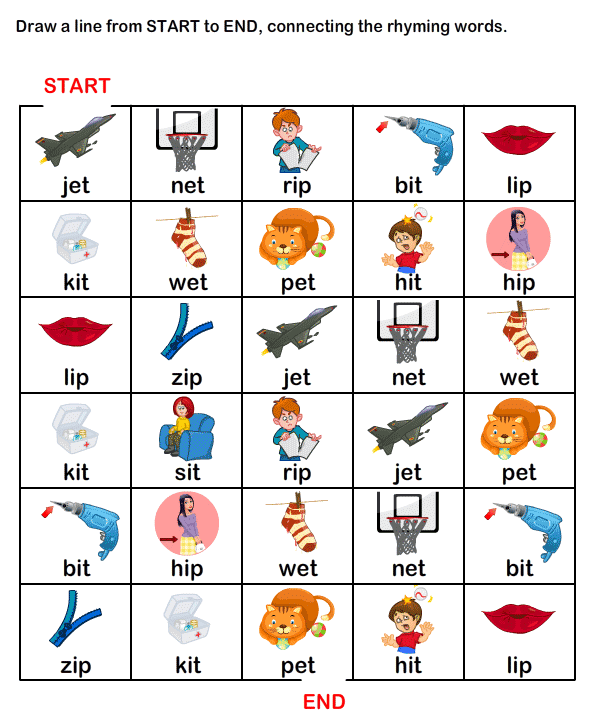
- He wanted to work and it was hard to stay in this city: again it began to seem to him that she repented and was waiting for him.
- Their pompous speeches began to seem to him mere hype, and the further, the more often they became only a new pretext for his wit.
- There was so much hesitation in my answers that they must have seemed of little interest to and bored her.
- Some Swiss or Dutch suddenly started seem to be not real.
- It was not without the participation of the Central Committee that Penkovsky's meetings with his messengers began to seem suspicious to people from the Lubyanka.
- It became that he said: "I will probably die."
- By five o'clock it might already have seemed
that tsarism had again won the bet and the movement would be crushed. - Moreover, we denied ourselves food in order to be decently dressed and appear to be successful people.
- He was accused of double-mindedness, pretense (“Northern Talma”, “Byzantine Greek”), inclination seems to be and not to be.
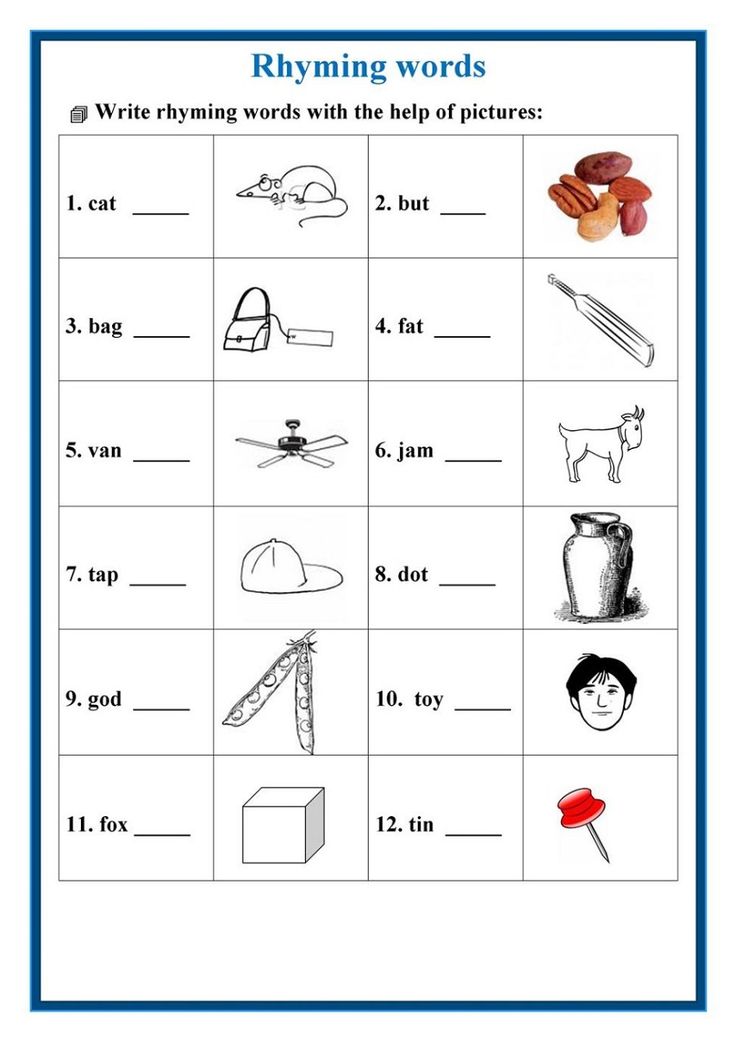
- But sometimes I can seem (exactly seem and not be) smart and serious, as in this case.
Open other sentences with this word
Source - introductory fragments of books with LitRes.
Questions from crosswords (scanwords)
- Businessman Stephen Covey's book "To be, not..." to enhance, underline
More - at the link above.
Synonyms for "seem". Meaning of the word. Characters. "seem" - morphemic analysis. The meaning of the word seem.
We hope that our service has helped you come up with or write an offer. If not, write a comment. We will help you.
Top ↑
Antonyms | Synonyms | Associations | Morphemic parsing of a word | Search for offers online | Sound-letter analysis of the word
Share
- Search took 0.036 sec. Remember how often you are looking for something to replace a word with? Bookmark sinonim.org to quickly look up synonyms, antonyms, associations, and sentences.
 Rhyme Back | Content | Forward
Rhyme Back | Content | Forward The best rhyme in Pushkin's time was the combination of two nouns. Pushkin was the Russian Adam, as Lunacharsky put it. Poetry at the beginning of Pushkin's activity resembled the situation in modern science, when discoveries are literally waiting for you at every corner, guarded at every step. Something similar happened with the Russian word when Pushkin took up his pen.
What is "discovery"? It means to draw general attention to something that existed before, to something that no one noticed before. nine0003
Let's return to Pushkin's rhyme. Rhyming an adjective with an adjective, a noun with a noun, a verb with a verb, Pushkin followed untraveled roads.
Marshak believes that it is better to rhyme a verb and a noun, that such rhyming, as it were, links together different parts of Russian speech.
It seems to me that thought does not decide anything in the essence of rhyme. Its sound content says that the best rhyme is an adverb and a noun.
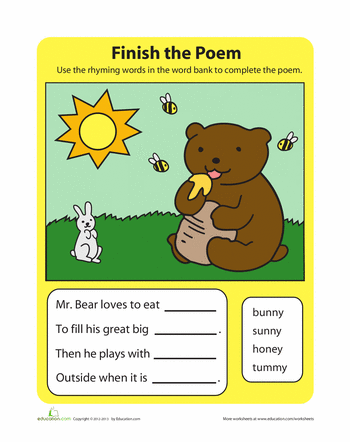
Shklovsky is afraid that there won't be enough rhymes. Rhyme is enough. “Blood is love” can be rhymed for many more years. The sound support will remain.
Rhymes are masculine and feminine, dactylic and hyperdactylic, exact and inexact.
In textbooks, rhyme is called a sound repetition at the end of a line, coinciding with the final pause. All this is so.
But why does a verse need to rhyme?
We are answered: for euphony, to emphasize the rhythmic-musical beginning of poetry, and also so that verses are easier to remember, better to remember. nine0003
Is it just for this?
Since childhood, it seemed to me that words have a shape, coloring. The form depends on vowels, on vowels. In fact, the size of a word depends on the number of syllables determined by vowels - this is true for a first grade student. But form and size are not the same thing. The word "poplar" is clearly different in form from the word "now", although both are of the same size and almost the same color.
 The color of the word depends on the consonant sounds and is determined by them. Sound repetition can be built on vowels - this is a strengthening in the memory of the form of a word or something else is always present in the poems of a great poet. This is an element of creativity. The pinnacle of Russian poetry, Pushkin's "The Bronze Horseman" is an unsurpassed example of this kind. Pushkin knew everything in poetry. nine0003
The color of the word depends on the consonant sounds and is determined by them. Sound repetition can be built on vowels - this is a strengthening in the memory of the form of a word or something else is always present in the poems of a great poet. This is an element of creativity. The pinnacle of Russian poetry, Pushkin's "The Bronze Horseman" is an unsurpassed example of this kind. Pushkin knew everything in poetry. nine0003 Love you, Petra creation,
I love your strict, slim look,
Neva sovereign current,
Its coastal granite.The notorious "root rhymes" (strict - harmonious) are placed, as it should be a sound repetition of this kind, inside the line. Sound coloring (variations of consonant letters) is perfect.
Pushkin's rhyme (verbs with verbs, nouns with nouns) outlines the linguistic boundaries of Russian poetry, outlines its boundaries. The poets of Pushkin's and post-Pushkin's times follow this rhyme. Time shows the need for some amendments to Pushkin's canons of rhyme, namely, a greater sound correspondence of rhyming words - in their literary, i.
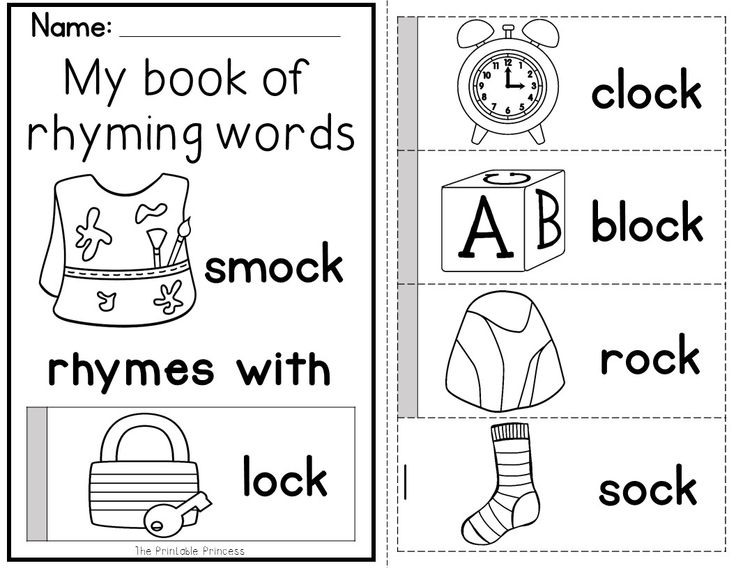 e. Moscow pronunciation. This work is being done by Alexei Konstantinovich Tolstoy. He, like Chekhov, does not have critical articles, but there are numerous letters where a new theory of rhyme is substantiated. nine0003
e. Moscow pronunciation. This work is being done by Alexei Konstantinovich Tolstoy. He, like Chekhov, does not have critical articles, but there are numerous letters where a new theory of rhyme is substantiated. nine0003 Classical Russian rhyme, full rhyme, is used by all our great poets - Pushkin, Lermontov, Tyutchev, Baratynsky, Nekrasov, Blok, Tsvetaeva, Mandelstam, Tvardovsky. Pasternak, Mayakovsky and Yesenin will be discussed in due course.
The possibilities of Russian rhyme are inexhaustible, and it is a thankless task to take on the destruction of “local words”. Modern Russian rhyme is a bond, a combination of various parts of speech, it is a constructive element of the language in the struggle against idle talk, with verbal sloppiness for laconicism, for the accuracy of poetic speech. "Noun - verb", "participle - verb", "adjective - noun", "adverb - verb", "adverb - noun" - all these are the combination of language elements in Russian versification. nine0003
Insufficiently literate young poets, discoverers of the long-discovered Americas, inspired by poorly literate critics, spend time, both their own and the reader's, glorifying lifeless literary forms, for the sake of innovation at all costs.
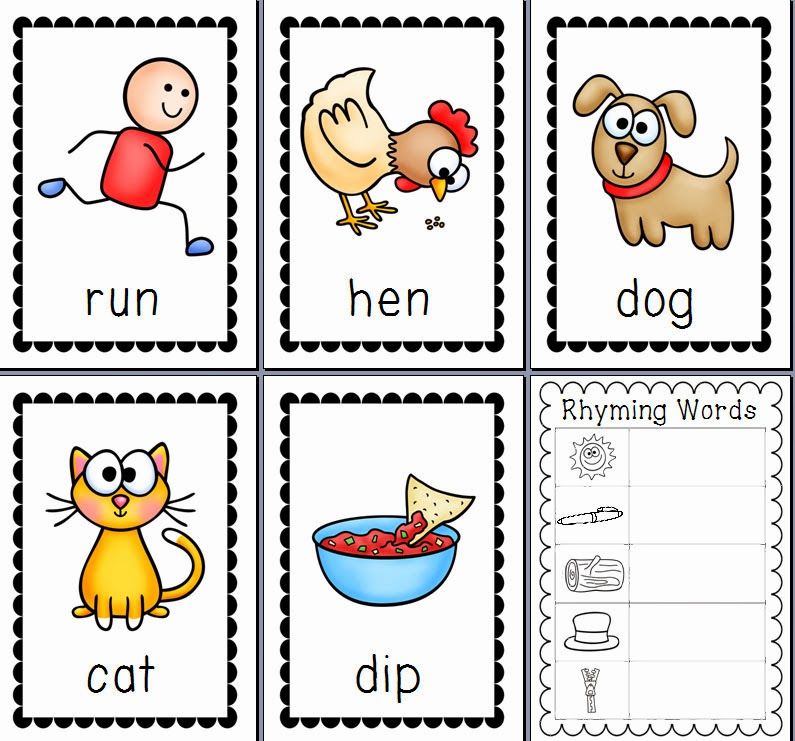 What is offered (a root rhyme or typographical dots instead of words by Sapgir) is false innovation, the reason for this is either ignorance, or literary adventurism. "Root rhyme" - an ordinary sound coloring of a word (kind - long), appropriate in the middle of a word. As a "word of mouth" it is negligence, slovenliness, sound lameness ... nine0003
What is offered (a root rhyme or typographical dots instead of words by Sapgir) is false innovation, the reason for this is either ignorance, or literary adventurism. "Root rhyme" - an ordinary sound coloring of a word (kind - long), appropriate in the middle of a word. As a "word of mouth" it is negligence, slovenliness, sound lameness ... nine0003 As for Sapgir's "poems", Alexei Nikolayevich Chicherin, the leader of the "nichevoks" of the 1920s, now alive, could tell something about "poetry" of this kind.
It is quite characteristic that young poets and poetesses concentrated their efforts on the destruction of rhyme, posing as innovators and seekers of the simplest element of a line and stanza. Their quest does not concern more complex issues - intonation, metaphor, image.
But rhyme is only a tool with which a poem is created, a search tool for a poet...
And assonances, like sabers,
Chopped rhyme hastily[1].This is a Northerner.
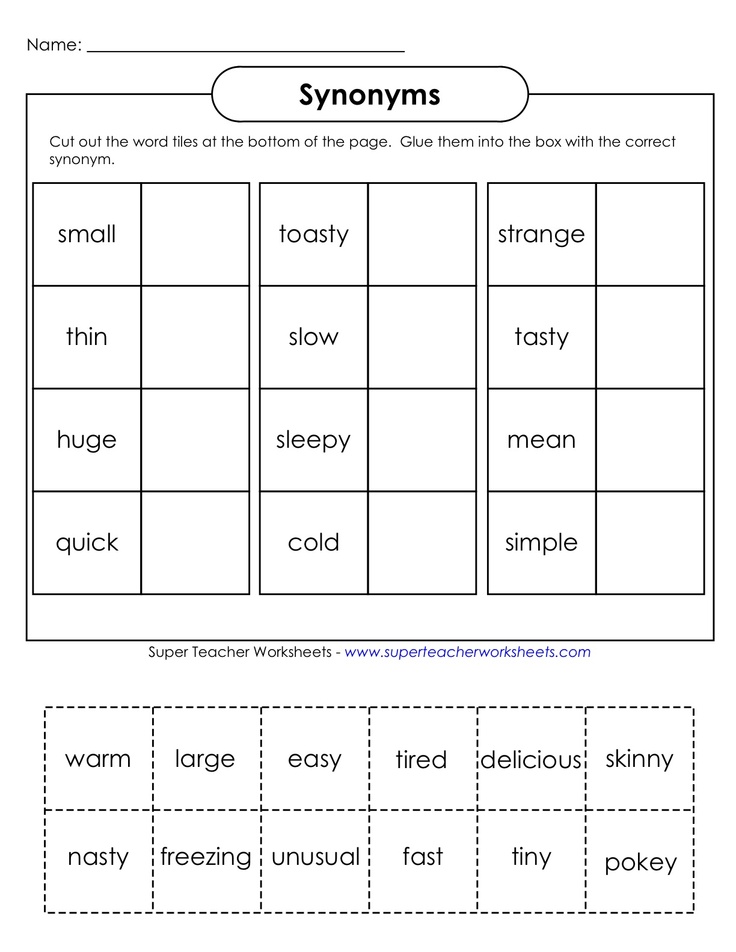
Historically, assonance precedes rhyme. Poetic lines, more interconnected by assonances, go back to the deep antiquity of both literary and folk speech. Rhyme appears for the first time among medieval troubadours. Since the time of Otfried Weissenburg [2], rhyme has been gradually strengthening, opening up more and more new roads of verse. We do not need to pay attention to Western fashions, to the destruction of poetry. Classical Russian poetic meters - iambic, trochee - have not exhausted even a thousandth of their capabilities. Are Pasternak's iambs similar to Pushkin's iambs? Aren't Mandelstam's iambs discoveries? Is Akhmatova repeating anyone? (except Mikhail Kuzmin). nine0003
There is no need to go back to assonance - this is a stage passed a long time ago.
The creative process consists more in discarding the unnecessary, insufficiently true, unreliable, not bright enough, than in searching. To create each stanza, the world instantly, or almost instantly, substitutes for the poet tens, hundreds of pictures of the past, present, future, and from this great multitude, brought into the creation of the poet by rhyme, some of the observations, knowledge, illustrations are discarded or recorded .
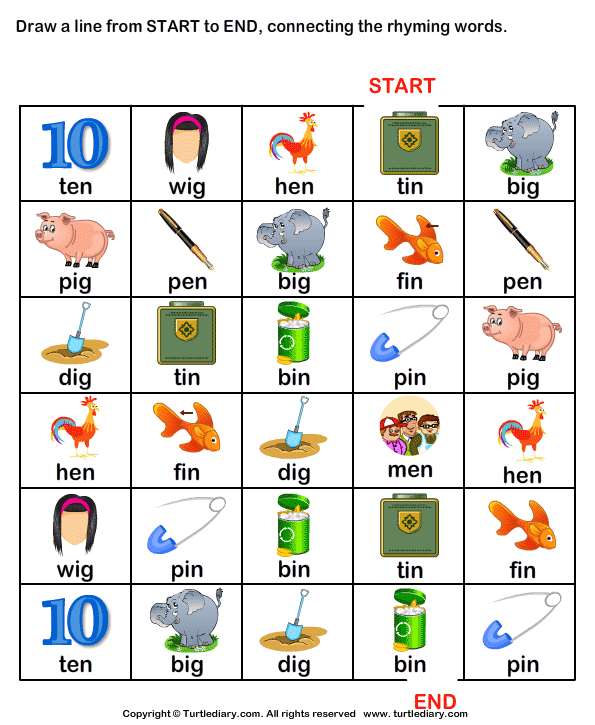 .. freely trusting the rhyme, sound repetition, the poet, not yet fixed on paper, meets with dozens of directions. Somewhere deep in the mind, a mood of a certain strength and tone is hidden, some main idea is hidden, a theme that seeks its expression in yet unwritten verses. Sometimes this sound work prompts new thoughts, leads away from the supposedly conceived. Sometimes novelty is limited only to trifles, touches, but it also happens that a poem is a discovery, a find, born without a preliminary plan. nine0003
.. freely trusting the rhyme, sound repetition, the poet, not yet fixed on paper, meets with dozens of directions. Somewhere deep in the mind, a mood of a certain strength and tone is hidden, some main idea is hidden, a theme that seeks its expression in yet unwritten verses. Sometimes this sound work prompts new thoughts, leads away from the supposedly conceived. Sometimes novelty is limited only to trifles, touches, but it also happens that a poem is a discovery, a find, born without a preliminary plan. nine0003 The stanzas not yet written down come under the control of thought. Thought vigorously selects the best, most expressive, and here a variant of the poem is written down. Thought can hardly keep up with the flow, driven by rhyme, alliteration, associations of every possible kind.
Work begins on the first version, finishing it is no less stressful work than the first part of the creative process. Here the main idea for which the poem was written comes to the fore.
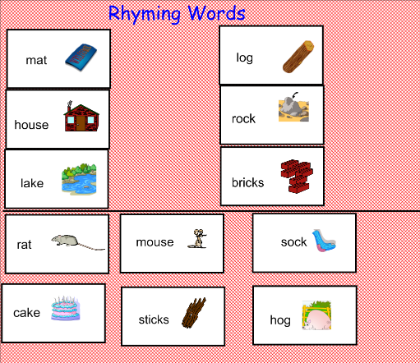 In accordance with this main idea, the poem is rebuilt, the order of stanzas is determined, rhymes and metaphors are honed or replaced. The poem is brought into full compliance with the rules of the Russian language. nine0003
In accordance with this main idea, the poem is rebuilt, the order of stanzas is determined, rhymes and metaphors are honed or replaced. The poem is brought into full compliance with the rules of the Russian language. nine0003 Work on a poem can take an indefinitely long time. From time to time you can return to it, all the time clarifying, wanting to improve the text. There are no perfect poems. Any poem is just the best version of what is intended, what the poet wanted to say.
Mikhail Kuzmin remarked that "the first line of a poem is its last line", the ending for which the poem was written. There is a lot of truth in this. Such are the majority of Tyutchev's poems, Tsvetaeva's poems, Kuzmin's own poems, some of Mayakovsky's poems. nine0003
There is another observation related to Kuzmin's remark. It is almost always possible to guess (in a short poem, lines 16-20) from Pushkin, from Lermontov, from Blok - from any major poet (the less talent, the easier it is to do what is being said) - which quatrain was written first, which one appeared on paper before others.
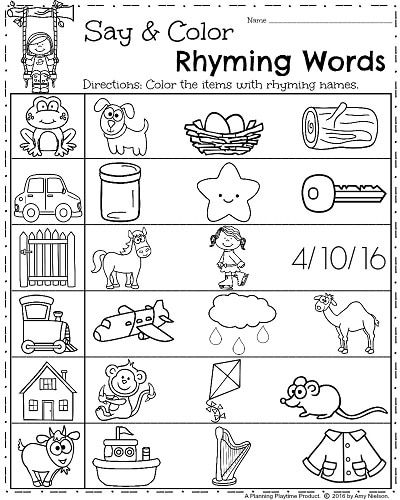
There is another circumstance that is important in the process of creating a poem. Every literate person carries in his memory a large number of all sorts of poems that are stored somewhere deep in the brain and remind of themselves in rhythm, passages, lines, moods. nine0003
Human feeling seeks expression and finds it in the poet's verses that remain in his memory; there is, as it were, a discharge of mood, feelings into other people's verses. These other people's poems are remembered or re-read, repeated many times and give vent to the mood. And when no "suitable" verses are remembered, when the feeling does not find a way out in familiar texts, not finding correspondence, reassurance in them - then one's own verses are written. And in this case, a magnetic search tool - rhyme moves the layers of events, impressions. nine0003
And one more thing: in each poem of each poet there is some kind of novelty, a find. The poem was not written because of this novelty, but without it it would have lost its meaning.
 In each, even a small poem, some technical task is also posed, no matter how naive it may be. Derzhavin wrote a number of poems without the letter "p". There is always a desire to introduce into poetry a word that has never been in poetry, to put some big word in a line, which even in ordinary speech seems clumsy, angular, but enters the poem unexpectedly freely. For example, "obstetrician". I would like to see in my own stanza "a dance of strange names, which is gratifying for the heart", to write myself - "The Choctos and Comanche Blackfoot and Peru, Delaware and Mogeki" [3]. nine0003
In each, even a small poem, some technical task is also posed, no matter how naive it may be. Derzhavin wrote a number of poems without the letter "p". There is always a desire to introduce into poetry a word that has never been in poetry, to put some big word in a line, which even in ordinary speech seems clumsy, angular, but enters the poem unexpectedly freely. For example, "obstetrician". I would like to see in my own stanza "a dance of strange names, which is gratifying for the heart", to write myself - "The Choctos and Comanche Blackfoot and Peru, Delaware and Mogeki" [3]. nine0003 And this “playful” side of the matter is also involved in the creation of a line of poetry.
But there is no time for jokes when the poet feels that something important, very important, extremely important has been found, that it is not worth continuing further search, that even though the rhyme would need to be improved, any further work on it will worsen the main idea, the main tone , the main feeling that dictated the poem.
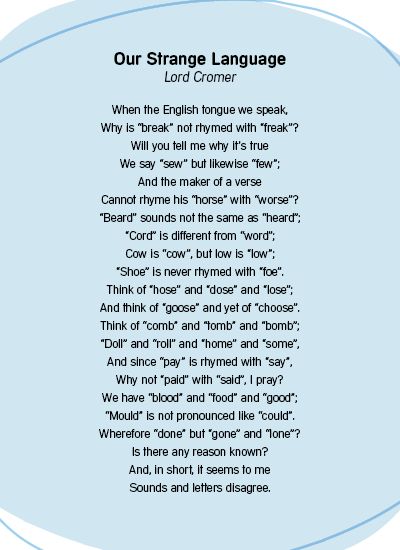
And Blok leaves in the stanza, and, it would seem, mediocre, dubious rhymes - nine0003
Born in deaf years
The paths do not remember their own.
We, the children, of the terrible years of Russia,
Nothing can be forgotten.No reader, no listener, notices the rhyme here. Such is the expressiveness, the power of the poem.
Here the expressiveness of the verse is achieved by rhyme, but not in its mnemonic quality and not by the euphony of the “local words”. The rhyme, having served its purpose, played its role as a search tool and was pushed aside. nine0003
Blok, and not only Blok, has many such examples. Surprisingly, it turns out that Blok, in his strongest stanzas, did not sufficiently polish the "local lore" proper.
Russia, impoverished Russia,
I need your gray huts,
Your wind songs for me -
Like the first tears of love.I will give one more extract - from the letter of A.
K. Tolstoy[4], dated 1871.
From a letter (Dresden) nine0003
...let's talk about art...
... I sometimes write bad rhymes, but not bad poetry. I write bad rhymes deliberately in those poems where I consider myself entitled to be sloppy, but only in relation to rhyme. I never consider myself entitled to write a bad verse...
You see, about rhyme, I'll make you a comparison instead of a dissertation. There is a painting that requires the steady precision of lines - this is in historical paintings. Umbrian, Florentine, even Venetian. There is another kind of painting, where colors are the main thing, but lines are not on ceremony. These are Rubens, Rembrandt, Ruisdael and other Flemings or Dutch. And now, horribile olictu (it's terrible to say), these last paintings would be lost if the line in them were inexorably correct. So, if I paint a picture of large dimensions and with a claim to seriousness, I agree with you that I should be strict about rhyme: but if I write a ballad or other poem in which the impression, i.
e., color, paint, - the main thing is that I can casually treat the rhyme, but, of course, do not overdo it and do not rhyme WEDDING with LOCUST ...
if you want, take an example in poetry. Take Goethe in the Gretchen scene in front of the icon:
is there anything worse than rhymes in this magnificent prayer? This is the only thing in the sense of naivete and truth! But try to correct the texture, give it more regularity, more grace, and everything will be spoiled. Do you think that Goethe could not have written better poetry? - He DID NOT WANT, and then he proved his amazing poetic flair. There are some things that need to be carved; there are others who have the right and even the duty NOT to be trimmed for fear of appearing cold. In the German and English languages, the irregularity of rhyme is allowed, as well as verse; in Russian, only incorrect rhyme is allowed. This is his only opportunity in poetry to appear in a negligee. nine0003
In conclusion, I would like to say that I am thinking of acting in the spirit of the Russian language, remaining unshakable in relation to verse and ALLOWING ONE SOMETIMES some free attitude to rhyme.
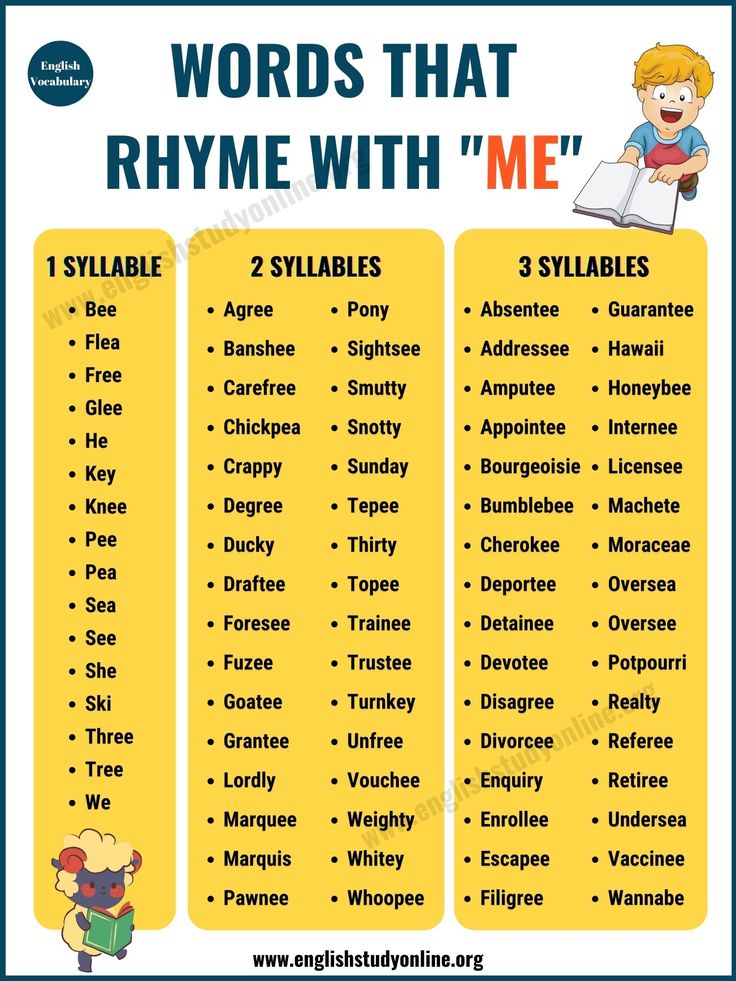 It's a matter of intuition and tact."
It's a matter of intuition and tact." Observations by A.K. Tolstoy are true and not a bit outdated to this day.
Blok, just like Goethe, DID NOT WANT that an excessively sonorous rhyme that attracts attention would interfere with the main thing - that which had already entered the verses ...
Pushkin's rhyme is a complete rhyme. But this is an "eye" rhyme. It is not meant to be read aloud. This was shown by Kruchenykh in the twenties in the well-known work "500 new witticisms and puns of Pushkin." But 50 years before Kruchenykh, Alexei Konstantinovich Tolstoy pointed out the need to organize rhyme associated with the sound of a word. nine0003
These remarks remain in full force to this day. The beginning of the twentieth century in Russian poetry paid much attention to the issues of rhyme. The euphony, melodiousness, musicality of a poetic line, achieved by full rhyme, find the most vivid expression in Balmont's poems.
I love forest herbs
Fragrant.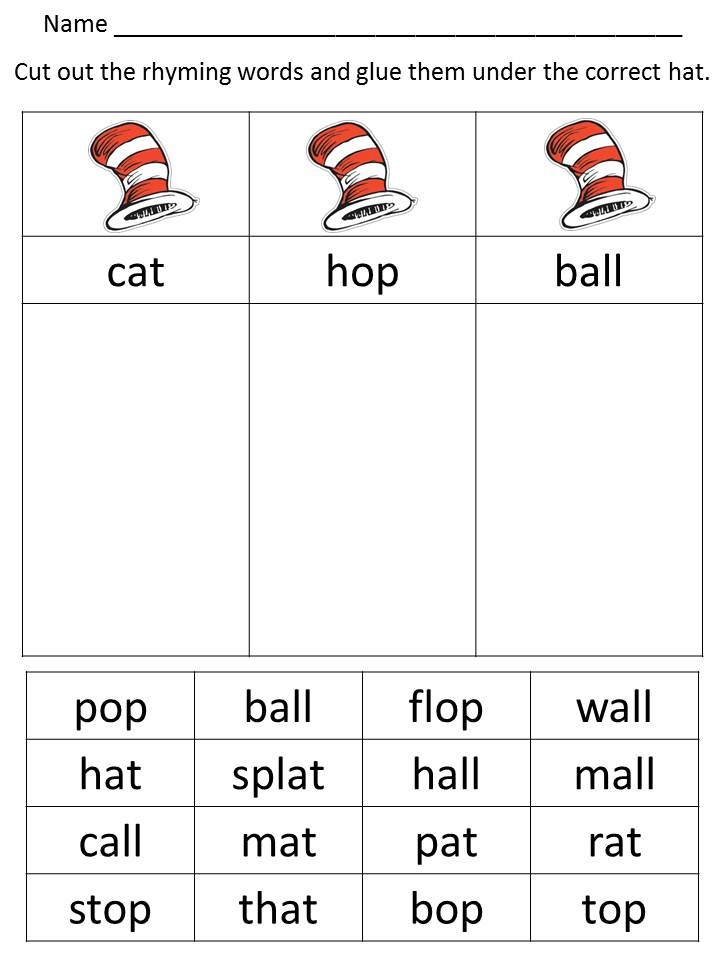
Kissing and fun
Non-refundable.Balmont, despite his talent, still did not have sufficient poetic taste. nine0003
Evening. Seaside. Sighs of the wind.
The majestic cry of the waves.
A storm is close,
is beating against the shore Uncharmed black boat.This is, of course, artificial, foreign to poetry.
Be that as it may, Balmont was the main exponent of rhyme - melodiousness, harmonious stanza.
In the struggle against Balmontov's rhyme, Mayakovsky's rhyme arose - a typical example of the assertion of the mnemonic role of rhyme.
Speaking our way -
rhyme - barrel,
Barrel with dynamite.
Line - wick,
The string will smoke,
Stitch Explodes,
And city
For air
The stanza flies.
Where can you find -
At what tariff
Rhymes,
To kill, aiming?
Maybe
Heel
Unbelievable rhymes
Only remained,
What's in Venezuela[5].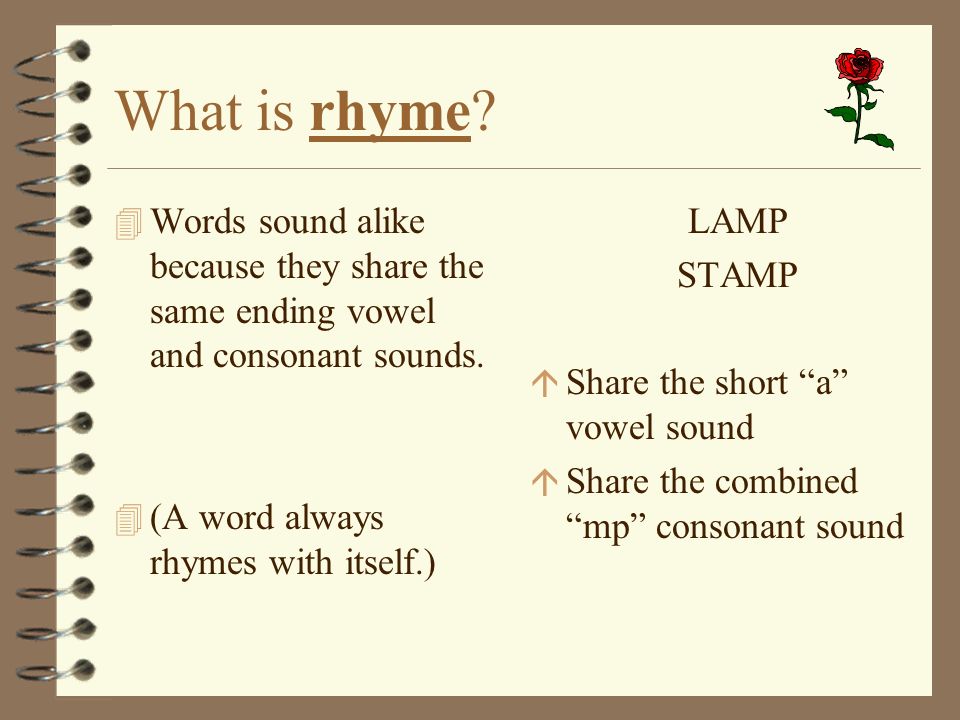
Both Mayakovsky's book "How to make poetry" and Aseev's article "Our Rhyme" treated the question of rhyme as a novelty, unusualness in the same way - finding this unusualness in compound rhyme or in exercises like "electric", "draw". nine0003
Young Lefites even made rhyme preparations and supplied their older comrades with them.
The preparation of rhymes, about which Mayakovsky was so baked, pursued the goal of striking the reader's ear, getting into the reader's memory with the help of an extraordinary phrase, unprecedented rhymes.
Speaking your way,
Rhyme - bill,
Learn through the line! - here is the order,
And looking for
Little suffixes and inflections
In an empty box office
Declensions and conjugations.“Be sure to try to rhyme an important, basic word,” wrote Mayakovsky.
It is in the mnemonic qualities of rhyme that Mayakovsky sees the main thing. Hence the demand for novelty, extraordinaryness, hence the work on the compound rhyme.
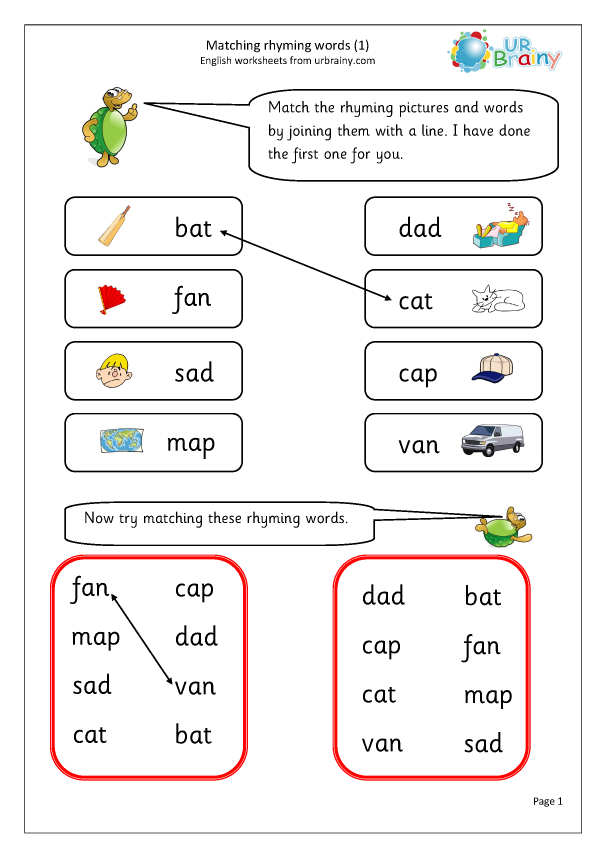
Rhyme is given great attention, although it does not participate in the creation of a poem, but is used from "blanks".
There is a struggle between the melodious beginning and the mnemonic beginning of the rhyme. Full rhyme, melodiousness wins. Mayakovsky is replaced not by Selvinsky, but by Tvardovsky. nine0003
In the tenth and twenties, they broke the line and rhyme in all available ways - from “phrasers” to “nichevoks”, from imaginists to original phrase-mongers. Sapgir's poems are strangely reminiscent of the entertainments of Aleksey Nikolaevich Chicherin, the leader of the Nichevoks.
Alexander Blok had a completely different understanding of rhyme than that of Balmont and Mayakovsky. Here is a perfection of a different kind than the pursuit of melodiousness or the desire to achieve rhyme so that the verses are remembered. Here comes the third principle of rhyme, its third meaning. Rhyme serves Blok only as a search tool. After the best, most expressive option is found, the semantic line is taken under control and Blok is sure that the semantic side of the matter is expressed here in the best way - he stops searching not for rhyme, but for that content, that world that rhyme attracted to his poem.
 nine0003
nine0003 Found the significance, expressiveness of a stanza or a poem as a whole (with the help of rhyme), more than the best rhyme “found in Venezuela” is worth.
Rhyme has fulfilled its purpose, its service, and stepped aside, this is not rhyme for the sake of rhyme, but only a search magnet of the poetic world.
Such is the third meaning of rhyme, about which literary scholars write little, and which nevertheless retains all its objective force.
One can also refer to Byron, who called rhyme a steamboat that takes the poet away against his will in the other direction. nine0003
Keys:
Into your furious mind, into your multi-stringed language
I penetrated like a bee-rhyme like a beehive[6].Shalamov V.T. Collected Works: In 6 vol. + vol. 7, add. T. 5.: Poems. / Comp., prepared. text, eg. I.P. Sirotinsky. Moscow: Knigovek Klub Klugovek, 2013, pp. 38-47.
Name index: Aseev, Nikolai Nikolaevich, byron, Balmont, Konstantin Dmitrievich, Baratynsky, Evgeny Abramovich, Block, Alexander Alexandrovich Bunin, Ivan Alekseevich, Yesenin S.
 A., Klyuev, Nikolai Alekseevich, Lunacharsky, Anatoly Vasilievich, Mandelstam O.E., Marshak S.Ya., Mayakovsky V.V., Nekrasov N.A., Otfried of Weissenburg, Pasternak B.L., Peter I Pushkin A.S., Sapgir G.V., Severyanin I., Tvardovsky, Alexander Trifonovich, Tolstoy A.K., Tyutchev F.I., Tsvetaeva Marina Ivanovna Chicherin A.N. , Shklovsky V.B. nine0003
A., Klyuev, Nikolai Alekseevich, Lunacharsky, Anatoly Vasilievich, Mandelstam O.E., Marshak S.Ya., Mayakovsky V.V., Nekrasov N.A., Otfried of Weissenburg, Pasternak B.L., Peter I Pushkin A.S., Sapgir G.V., Severyanin I., Tvardovsky, Alexander Trifonovich, Tolstoy A.K., Tyutchev F.I., Tsvetaeva Marina Ivanovna Chicherin A.N. , Shklovsky V.B. nine0003 Back | Content | Forward
- 1. Severyanin I. “Prologue of Egofuturism”.
- 2. Otfried of Weissenburg - German poet of the 9th century, author of the "Gospel Harmony".
- 3. Longfellow Henry Walsworth (1807–1882), The Song of Hiawatha, translated by I. Bunin.
- 4. Alexei Konstantinovich Tolstoy.
